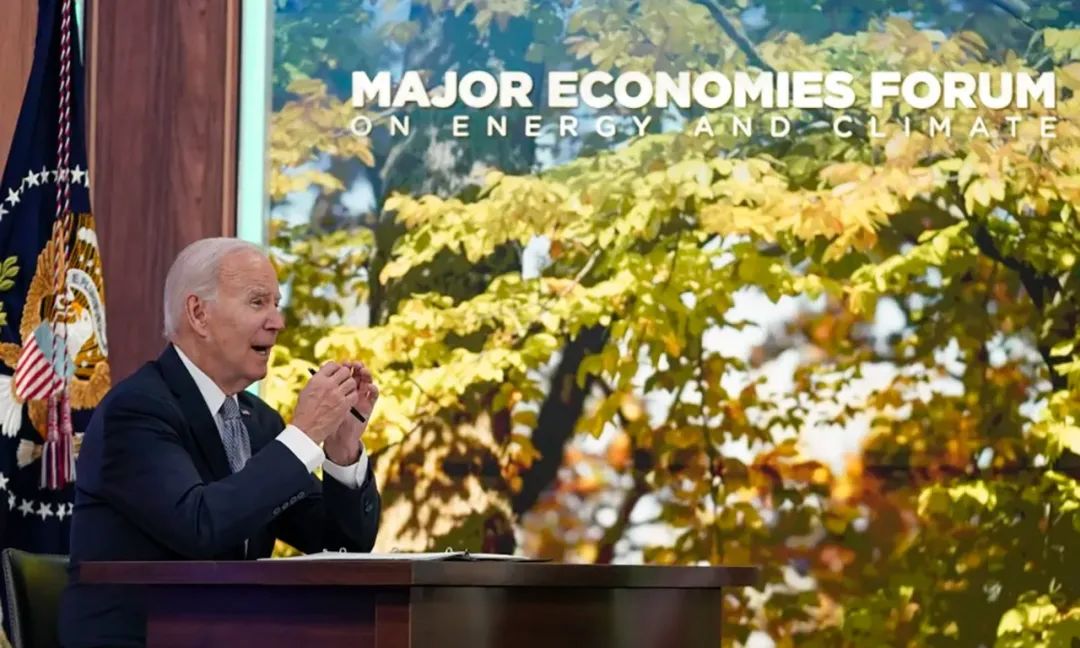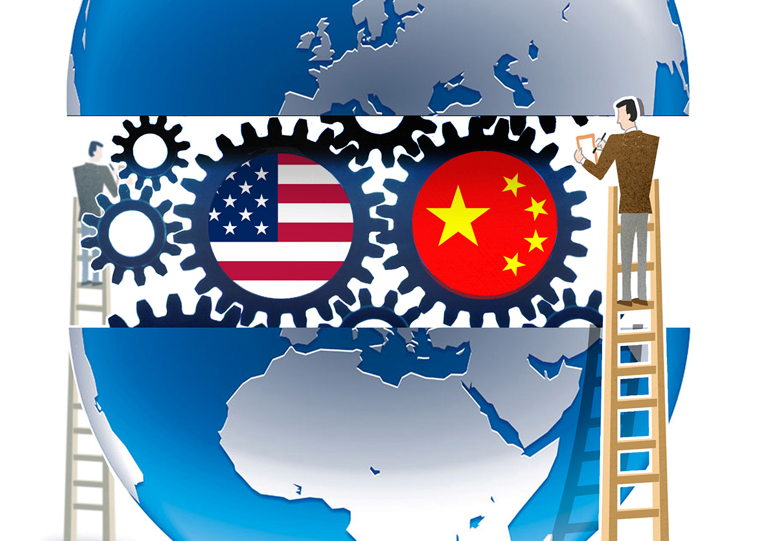Brian Wong, Assistant Professor in Philosophy and Fellow at Centre on Contemporary China and the World, HKU and Rhodes Scholar
Kevin Zongzhe Li, Affiliated Researcher, Asia Society Policy Institute’s Center for China Analysis
Nov 27, 2023
Southeast Asia is primed for major growth across multiple fronts in the near future - and it might be the perfect staging ground for U.S.-China cooperation, if the cross-Pacific powers are willing to set aside their differences.
Peter Sies, Master, School of Advanced International Studies at Johns Hopkins University
Sep 20, 2023
After years of pursuing global emission reductions through multilateral agreements, more confrontational tides in international relations, intensified by U.S.-China rivalry, might unexpectedly drive stronger climate action. A great power competition for leadership in green technology and future market dominance could ultimately favor the climate.
He Wenping, Senior Research Fellow, Charhar Institute and West Asia and Africa Studies Institute of the China Academy of Social Sciences
Jul 28, 2023
A few visits by senior U.S. officials to China will not solve the thorny problems that exist between the two great powers. Climate can be looked at separately, but broader bilateral relations will not heal so long as Washington focuses on undermining China’s core interests.
Zhang Tuosheng, Principal Researcher at Grandview Institution, and Academic Committee Member of Center for International Security and Strategy at Tsinghua University
May 04, 2023
New international institutions, mechanisms and laws — as well as the reform and improvement of existing ones — should no longer be dominated by the West. The shaping of a new global order should be done through multilateral cooperation.

Tang Xinhua, Associate Researcher, Tsinghua University’s Institute of International Relations
Apr 28, 2023
Most developing countries live with the impact of climate change. They need to join hands to maintain the authority of the United Nations and its status as the predominant platform in global security governance.

Zainab Zaheer, Development Consultant
May 06, 2022
Though DC and Beijing seem to be holding grudges, the state of California has been willing to collaborate with the Chinese government in the area of climate cooperation, and may show how U.S.-China ties can be improved outside of federal exchanges.
Jean Chretien, Former Prime Minister of Canada
Feb 22, 2022
This extremely difficult period could have included a terrible recession. Instead, we have seen growth around the world. Wealth is being created on a daily basis. What we need is better distribution wealth so that people have happier lives.

Matt Geraci, Research Associate, Institute for China-America Studies (ICAS); Manager, ICAS Maritime Affairs Program
Dec 22, 2021
Climate cooperation has been touted as an area of common interest for the U.S. and China - and the scientific work being done on the ground by scientists offers much to be shared between the two nations.
Mikaila Smith, J.D. Candidate at the University of Chicago Law School
Dec 03, 2021
Coming out of the COP26 Summit, focus was on Xi Jinping’s absence at the summit, rather than on the shortcomings of major global powers in mitigating climate change - including those whose leaders showed up.
Tom Watkins, President and CEO of the Economic Council of Palm Beach County, FL
Nov 29, 2021
Global leaders are meeting now in Glasgow in one of the world’s largest ever summits regarding the climate. It’s a rare opportunity for the U.S. and China to set aside their disputes and focus on a critical shared goal.
Back to Top

- China-US Focus builds trust and understanding between the U.S. and China through open dialogue among thought leaders.
- Our Offerings
- Topics
- Videos
- Podcasts
- Columnists
- Research Reports
- Focus Digest
- Stay Connected
-
Thanks for signing up!
- Get the latest stories from China-US Focus weekly.